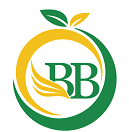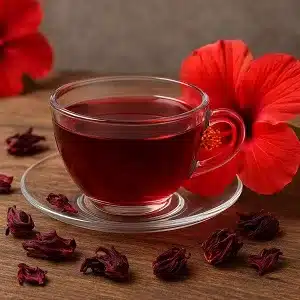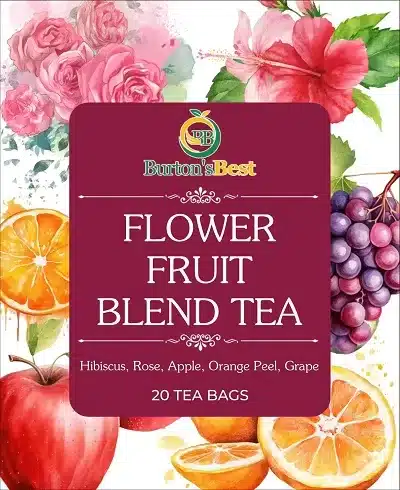If you’re searching for a flavorful, caffeine-free tea that’s as good for your body as it is for your taste buds, hibiscus tea deserves a spot in your cup. Made from the dried petals of the hibiscus flower (Hibiscus sabdariffa), this ruby-red brew has been enjoyed for centuries across Africa, Asia, and the Caribbean. Today, hibiscus tea is celebrated worldwide for its tangy taste and impressive health benefits.
A Rich Source of Antioxidants
One of the standout features of hibiscus tea is its abundance of antioxidants. These powerful compounds help combat oxidative stress, which is linked to aging and a variety of chronic conditions. The deep red color of hibiscus comes from anthocyanins, the same compounds that give berries their health-boosting reputation. Sipping the tea regularly can support your body’s natural defense systems and promote overall wellness.
Supports Healthy Blood Pressure
Among the most researched benefits of hibiscus tea is its potential to support healthy blood pressure levels. Several clinical studies have shown that drinking the tea may help lower both systolic and diastolic blood pressure. Researchers attribute this effect to hibiscus’s ability to relax blood vessels and improve circulation. For individuals looking for a natural way to support cardiovascular health, hibiscus tea offers an easy and refreshing option.
Promotes Heart Health
Hibiscus tea doesn’t just help with blood pressure, it may also support overall heart health. Research suggests that the tea can help lower LDL (“bad”) cholesterol and triglyceride levels, both of which are risk factors for heart disease. Combined with its blood-pressure-lowering potential, hibiscus tea can be a valuable addition to a heart-healthy lifestyle.
Aids in Weight Management
If weight management is part of your wellness journey, hibiscus tea might be a helpful ally. Some studies suggest that hibiscus extract may reduce body fat and prevent the absorption of certain carbohydrates, supporting a healthy metabolism. While hibiscus tea alone isn’t a magic solution, pairing it with balanced nutrition and regular exercise makes it a delicious, low-calorie way to hydrate.
Naturally Caffeine-Free
Unlike black tea, green tea, or coffee, it is naturally free of caffeine. That makes it a smart choice for anyone who’s sensitive to stimulants or looking to reduce caffeine intake. You can enjoy hibiscus tea in the evening without worrying about disrupted sleep, or sip it throughout the day as a refreshing, hydrating alternative to sugary drinks.
Delicious Hot or Iced
One of the best parts about hibiscus tea is its versatility. Its tart, cranberry-like flavor makes it equally enjoyable as a steaming cup in cooler weather or an iced beverage in the summer. You can sweeten it lightly with honey, or combine it with herbs like mint, ginger, or cinnamon for added flavor. Some even enjoy it as a base for mocktails or healthy punches.
A Global Tradition
Hibiscus tea has long been treasured across cultures. In Egypt, it’s called karkade and served both hot and cold as a festive drink. In the Caribbean, it’s often blended with spices and enjoyed during holidays. By brewing a cup of hibiscus tea, you’re connecting to a long history of people around the world who’ve turned to this vibrant flower for both pleasure and health.
The Bottom Line
From supporting healthy blood pressure to providing a rich source of antioxidants, hibiscus tea offers both flavor and function in every sip. Its tart, refreshing taste makes it a welcome addition to your daily routine, whether hot, iced, or blended with other herbs. If you’re looking for a tea that promotes heart health, adds variety to your wellness regimen, and delights your taste buds, hibiscus tea is a vibrant choice you’ll want to keep close at hand.




